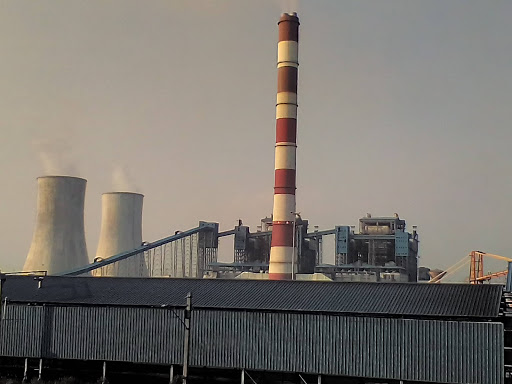
Team News Riveting
Raipur, August 28
The performance audit on construction and operation of Atal Bihari Vajpayee thermal power station in Marwa of Chhattisgarh’s Korba district revealed that the detailed project report (DPR) submitted was exactly opposite on the ground.
Report of the Comptroller and Auditor General of India on Public Sector Undertakings for the year ended 31 March 2018 said that as per the DPR, 80 per cent land was barren and 20 per cent agricultural.
Interestingly, the company acquired a total 1,728.73 acre land out of which only 283.77 acre (16.41 per cent) land was barren and the remaining 1,444.96 acre (83.59 per cent) was agricultural land. Literally, the company had shown agricultural land as barren.
The 1000-Mw power plant is owned by state-run Chhattisgarh State Power Generation Company limited.
The audit watch-dog had exposed more startling lapses in the power project that was commissioned in July 2016 by the previous BJP government in Chhattisgarh.
The consultant approved design for in-motion weigh bridge for 52 kg/mtr rail against the requirement of 60 kg/mtr rail. Due to mismatch in specifications of in-motion Weigh Bridge, it could not be commissioned till May 2019. Consequently, coal lost in transit against procured coal valuing Rs 1,681.52 crore could not be assessed during the period 2016-17 to 2018-19.
There was a huge delay in the completion of the project. Unit 1 and 2 were commissioned with a delay of 42 and 44 months respectively. It was due to delay in execution of agreement, supply of material, awarding and completion of BTG civil works, awarding and completion of facilities under BOP contracts etc.
This resulted in generation loss of 16,440.07 million units (MUs” amounting to Rs 4,438.82 crore, deprival of a rebate on interest of Rs 17.95 crore on Power Finance Corporation loan and avoidable procurement of power of Rs 315.92 crore at higher rates by Chhattisgarh State Power Distribution Company Limited.
The CAG report also pointed out poor operational performance that resulted in consumption of fuel oil and coal in excess of the prescribed norms. The non-compliance of Environmental norms was also underlined in the report.



